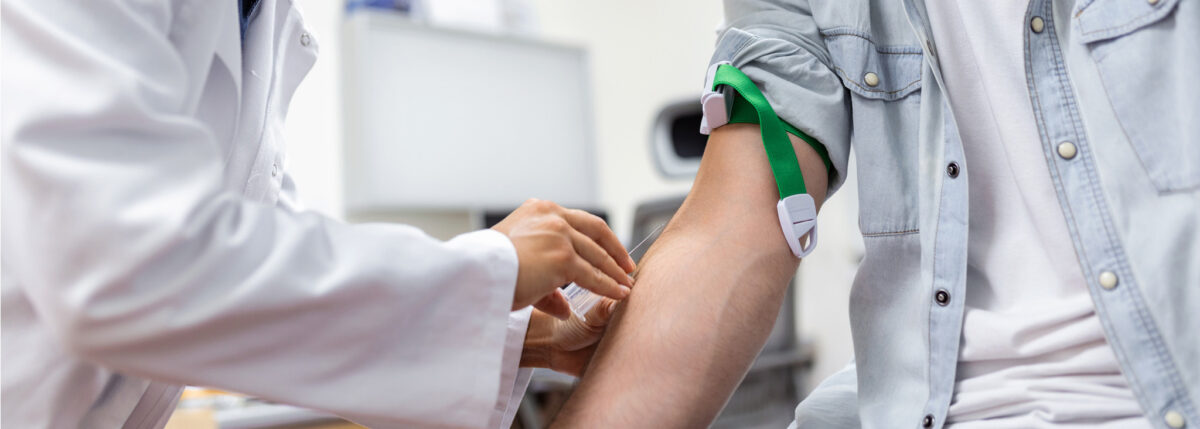Vertex VX-880 Clinical Results Lead To Insulin-Independence
On October 3, 2023, Vertex Pharmaceuticals Incorporated presented updated results from their ongoing VX-880 Phase1/2 clinical trial at the European Association for the Study of Diabetes 59th annual meeting in Hamburg, Germany.
This stem-cell therapy began in 2000 by Douglas Melton, Ph.D., Xander University Professor at Harvard and an Investigator of the Howard Hughes Medical Institute, with JDRF funding. Since then, results from the early clinical trial showed a promising 91% reduction in insulin.
This latest update on clinical trials show promising progress. Here’s what you need to know!
What is the Vertex VX-880 therapy?
The VX-880 clinical trial is an investigational stem cell therapy that aims to restore endogenous insulin production and stabilize blood sugar levels for people with type 1 diabetes (T1D).
The VX-880 infusion has the potential to restore the body’s ability to self-regulate blood sugar levels by restoring pancreatic islet cell function, including glucose-responsive insulin production.
VX-880 works by replacing the damaged insulin-producing cells with healthy, transplanted beta-cells, delivered by an infusion.
The ability to create transplantable insulin-producing cells eliminates having to rely on organ donors—however, those treated with VX-880 require immunosuppressant therapy to maintain insulin production. This is because the transplanted cells are allogeneic (coming from outside of the body). Doing so will ensure the cells are not rejected by the immune system.
Clinical results show promise
Prior to the VX-880 treatment, all six participants in the study had long-term T1D with zero insulin production, required an average of 34 units of insulin per day and had a history of regular and severe low blood sugar levels.
All participants in the current study have more than 90 days of follow-up and have demonstrated successful cell transplantation and insulin production that is responsive to glucose from meals.
Additionally, all six participants showed improved measurements, including lowered A1C levels, improved time in range (TiR) and either reduction or complete elimination of needing insulin injections.
Two participants at the one year of follow-up were able to completely eliminate severely low blood sugar levels while also maintaining A1Cs lower than 7 percent. Additionally, three patients in the study became insulin-independent after 6 months of the VX-880 therapy.
“These data are particularly meaningful in the context of our overall investigational T1D program, as these same VX-880 cells are the foundation for our VX-264 cells-plus-device program, and our hypo immune islet cell program,” said Carmen Bozic, M.D., chief medical officer at Vertex. “We are moving with urgency to bring these potentially transformative therapies to patients who are waiting.”
Vertex reported that VX-880 has been generally well-tolerated in all participants to date, with no serious adverse events reported. These exciting results are paving the way for VX-264, an infusion therapy that does not require immunosuppression.
The importance of T1D research
The research of today is fueling the cures of tomorrow, and T1D research, including participating in clinical trials, is part of that work.
The purpose of clinical research is to advance medical knowledge by studying its impacts on diverse groups of people. In this way, researchers are trying to answer questions that lead to ways to prevent, treat and ultimately cure diseases, including T1D.
By volunteering to participate in clinical research, you can contribute to finding a cure by testing new medications, technologies—and even novel therapies like VX-880. Learn more about the Vertex VX-880 and Vertex VX-264 trials.
All of this work is aimed at achieving better health incomes. For more information on type 1 diabetes research visit our research portal; to learn more about getting involved with clinical trials, click here.




